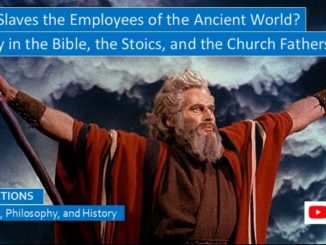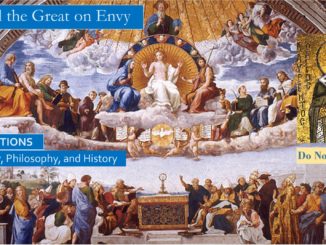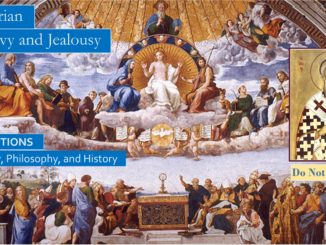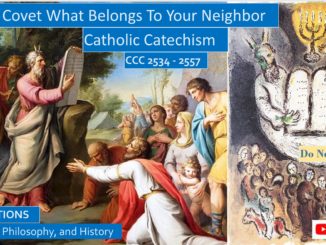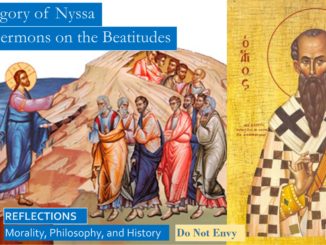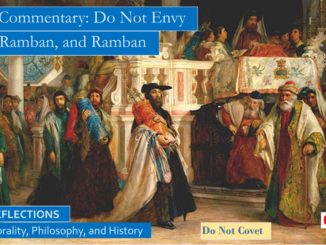
The Decalogue in the Torah, Blog 4, Coveting: The Sin That Leads To Many Other Sins
The Mitzvah against coveting appears in slightly different form in Exodus and Deuteronomy. In Exodus you are forbidden to covet your neighbor’s house, and you are forbidden to covet his wife. In Deuteronomy you are forbidden to covet your neighbor’s wife, and are forbidden to desire his house. In Deuteronomy you cannot covet his field, and in both versions you cannot covet or desire his slaves, his ox, his donkey, or anything else that is his neighbor. If the tablets were written today, your neighbor’s car would probably be on the list. Ramban suggests that coveting your neighbor’s wife is listed first in Deuteronomy because it is the greatest sin of all. Coveting your neighbor’s husband is just as much a sin. […]



